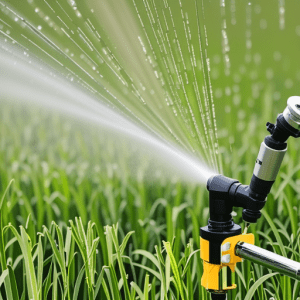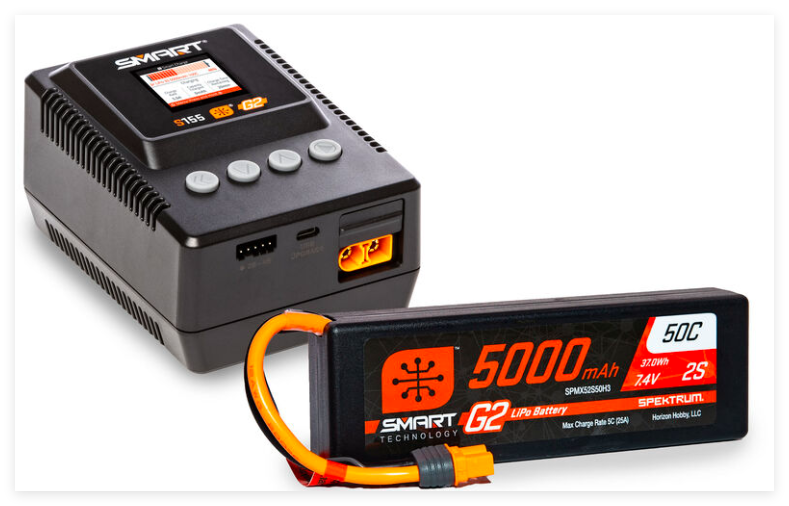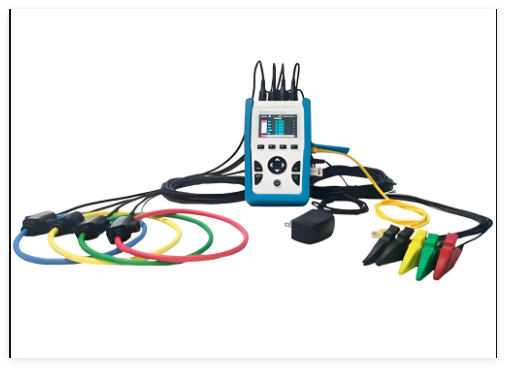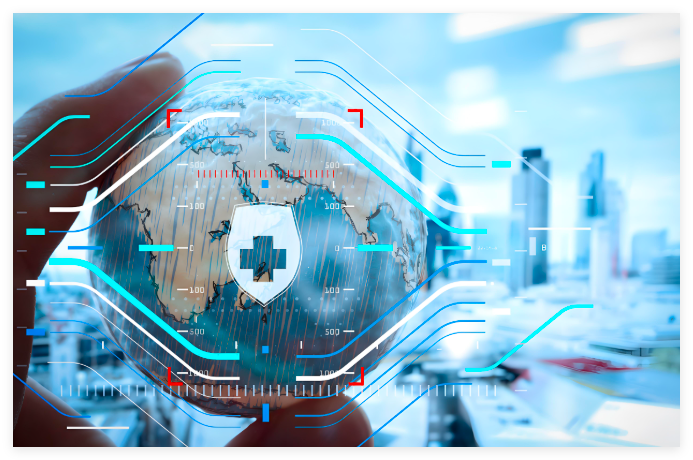How can automatic garden irrigation be achieved through a smart home system?
First and foremost, the essence of a smart home system lies in the term “intelligent.” Through the collaborative efforts of sensors, controllers, and actuators, we can monitor environmental parameters such as soil moisture, temperature, and light intensity in real time. By integrating the growth needs of plants, we can intelligently adjust the irrigation system. This not only enhances the efficiency of water resource utilization but also reflects our respect and protection for the natural environment.

According to data from the International Smart Home Association, the global smart home market is expected to reach $123 billion in 2023, with a compound annual growth rate of 11.6%. Among them, smart irrigation systems, as an important branch of smart homes, are growing at an annual rate of over 20%. This indicates that with technological advancements and people’s pursuit of quality of life, smart irrigation systems are gradually becoming a standard feature in modern households.
Next, let’s look at the specific steps to achieve smart irrigation:
- Install sensors: Deploy soil moisture sensors, temperature sensors, etc., in the garden to monitor the environmental status in real time.
- Data collection and analysis: Through IoT technology, transmit the data collected by the sensors to the smart home control system.
- Intelligent decision-making: The system automatically adjusts the irrigation plan based on the results of data analysis, such as irrigation time and volume.
- Execute irrigation: Through linkage with the irrigation system, smartly start or stop the irrigation equipment to achieve precise irrigation.
In addition, smart irrigation systems can also be combined with renewable energy sources such as solar and wind energy to achieve self-sufficiency in energy. According to a report by the International Renewable Energy Agency (IRENA), it is expected that by 2050, renewable energy will account for 65% of the global energy supply. This not only reduces dependence on fossil fuels but also lowers carbon emissions, aligning with the goals of global sustainable development.
Finally, I would like to say that the combination of smart homes and new energy is not only a technological innovation but also an exploration and pursuit of our future lifestyle. Let us join hands and embrace a more intelligent, green, and sustainable future together!
Thank you, everyone!



Post Comment